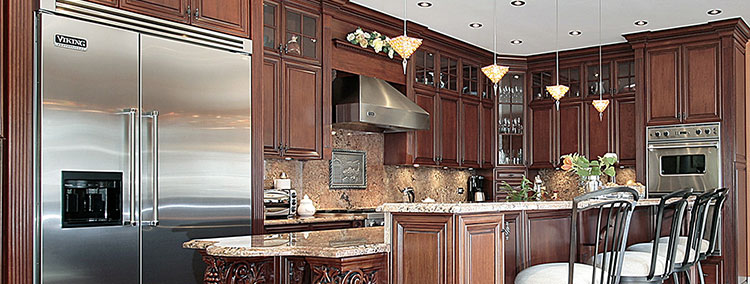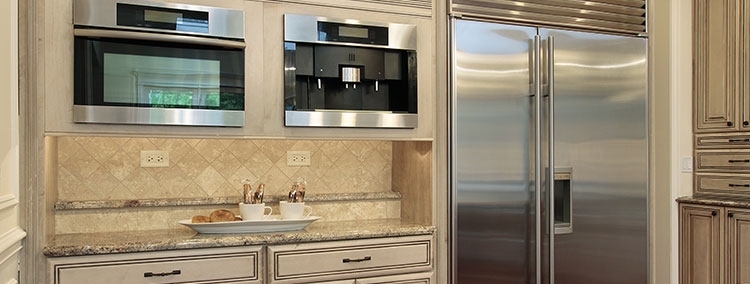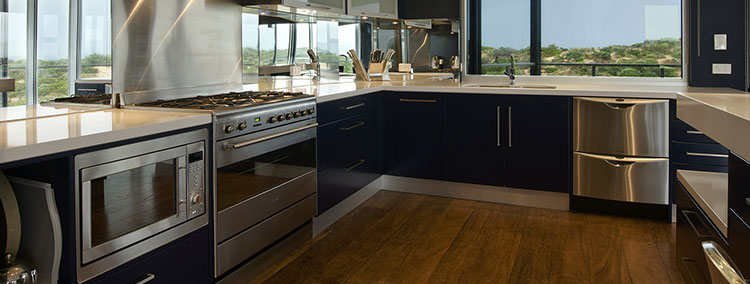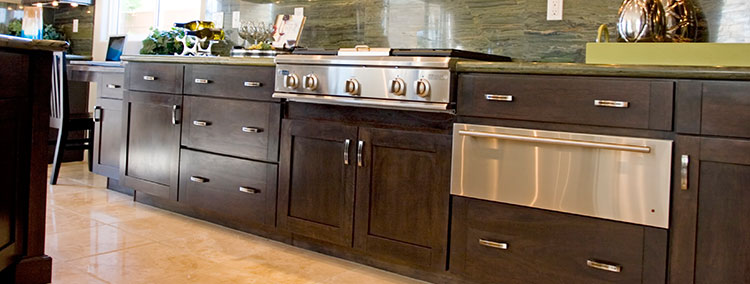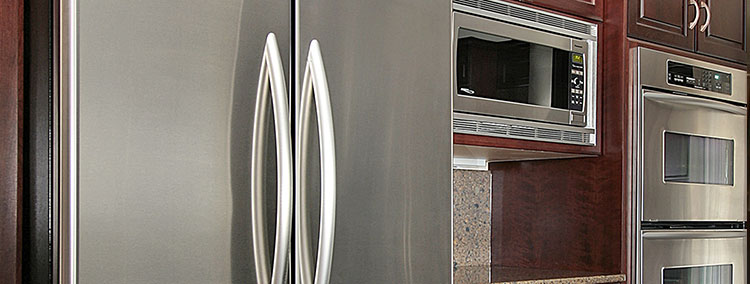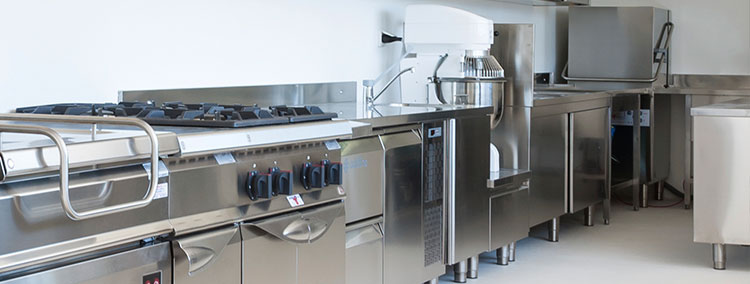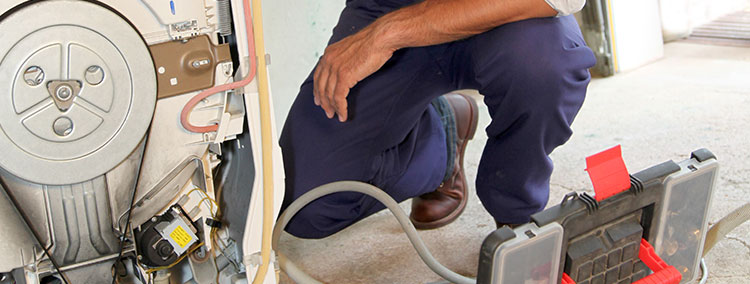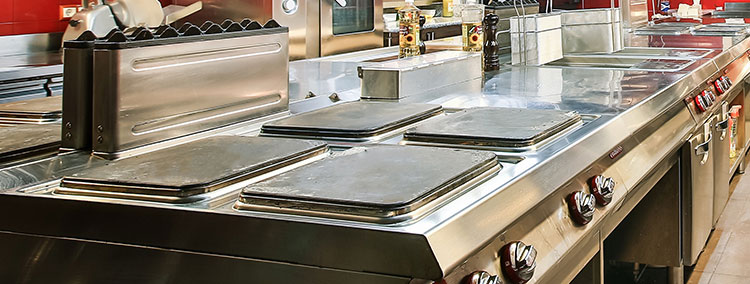
When you purchase a dishwasher, you want it to function at its best, right? And it’s possible with these tricks given by dishwasher repair professionals:
Properly prepare the dishes before putting them in the dishwasher
You can do several things to prepare your dishwasher for proper functioning. These things include:
Secure all plastics. If you don’t, water blasts may force them to roll over and fill with water, or worse, fall into an exposed heating element (if your model has one) and melt them. You don’t want this, do you?
Never stack items. The water spray will be unable to reach (or clean) the dish sitting on top. Remember that if water cannot reach the dishes, it will not be cleaned.
Always keep stainless steel and silver (or silver-plated) cutlery separate. If the two types come into contact in the wash, a reaction can occur, causing the silver to pit.
If you have not used your dishwasher in a while, turn on the hot water tap. Run it at the nearest sink to guarantee that hot water reaches your dishwasher.
Be cautious what you put in the dishwasher. Items made of wood, such as cutting boards and spoons, cast Iron, valuable carving tools (such as chef’s knives), jars, or containers with glued-on labels, as bits of the labels may fall off and become caught in the filter, and they don’t belong in the dishwasher.
Don’t pre-rinse the dishes.
You should avoid washing your dishes before loading them into the dishwasher. This is because modern detergent is engineered to adhere to the remaining food and clean the dishes properly.
While this is the case, it doesn’t imply you should put your plate in the dishwasher with a half-eaten sandwich on it—unless you want a mushy mess.
Instead, you should scrape large objects off your plate—into the trash or garbage disposal—and place the dish in without rinsing it.
This will not only clean your dishes, but also preserve them in good shape. If no food is adhered to, the detergent may gradually damage your dishware, carving little scratches and pits into the surface.
You also waste water—up to 27 gallons each load, compared to the three to six gallons used by a normal Energy Star-rated dishwasher.
There are certain exceptions to this, of course. With difficult foods such as eggs and oats, dishwashers can’t always perform the job perfectly on the first try.
If you have a casserole dish with very burned-on food residue, it probably makes sense to soak it a little before putting it in your dishwasher.
Place the cookware on the right rack.
You must place the right items on the rack for the best outcome. To help you out, here is a guide to follow:
Plates: Plates belong at the bottom. Lay them so that the dirty side faces the area where the water spray is heaviest, which is normally in the center of the rack. To achieve the best cleaning results, angle pots, pans, and casseroles down.
Place flat pans and platters on the bottom, snuggled along the sides and rear of the rack. Never set them in front of the door; they may prevent the dispenser from opening and the detergent from reaching the dishes.
Store utensils in the basket or lined neatly on the flatware tray. If you’re using a basket, make sure spoons don’t nest together, so arrange some handles higher, and others lower to ensure all surfaces are cleaned.
Forks go up to clean the tines, while knives should be positioned with the blade down for safety. When unloading, grip utensils by their handles to keep them clean.
Glasses and cups: These belong on the top rack. Remember to place glasses between the tines, never on top. The tip of the prong can leave a watermark, and glasses jammed between two tines can fracture.
Angle the cups as much as the rack design allows to prevent water from gathering at the base of the upside-down cups.
Still, got puddles? Unload the lowest rack first to prevent drip-down. And place the wine glasses with care.
To minimize breakage, keep them from bumping into each other or the dishwasher’s top, and ensure they sit securely in the rack. Thankfully, most modern dishwashers include unique stemware holders to keep glassware stable.
Use the proper cycle for the job.
You should be cautious of the cycle you use on your dishwasher. The rapid cycle may be okay if you’re pre-rinsing your dishes, but it wastes more water and time than simply letting the dishwasher do the work.
The shorter cycle is intended for dishes with light soil or those that have recently been soiled. For example, if you have freshly purchased crockery and want it washed for the first time.
Or perhaps you and your companion sit down to dinner and want the dishes cleaned.
For regular loads, you should use the usual cycle.
That is, unless your new dishwasher includes an automatic cycle. The autocycle is intended for a daily mixed load. That’s where the machine’s intelligence comes into play: it analyzes the soil level, recognizes anything left in there, and modifies the cycle accordingly.
If your dishwasher has the intelligence to run an auto cycle efficiently, you can use it for most loads, except for exceptional cases like pots and pans or baby bottles that require the sanitary cycle.
Keep the food trap clean.
Many people don’t know that the dishwasher needs cleaning and maintenance. One area you should pay attention to is the food trap.
It’s in the dishwasher’s base and smells terrible, so people avoid taking it out and messing with it. Depending on how frequently you use your dishwasher, you should clean the trap once every three to six months.
The beauty is that it’s easy to clean even by yourself without involving the services of appliance repair Alexandria professionals.
